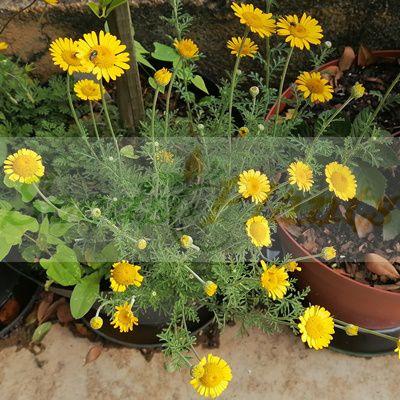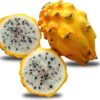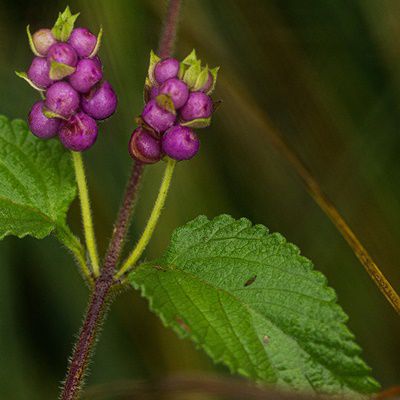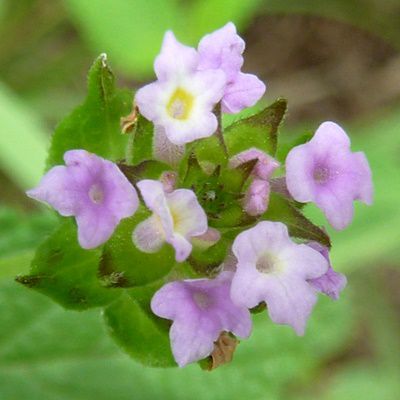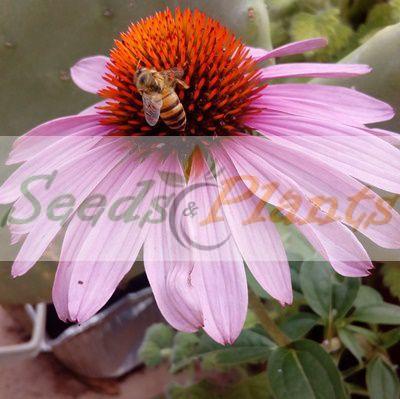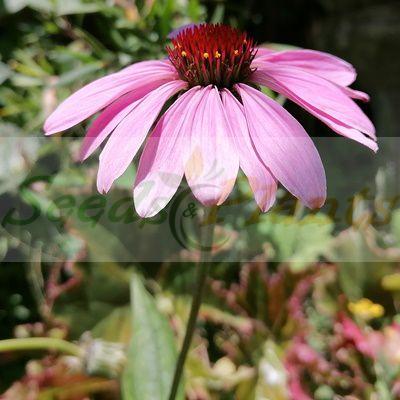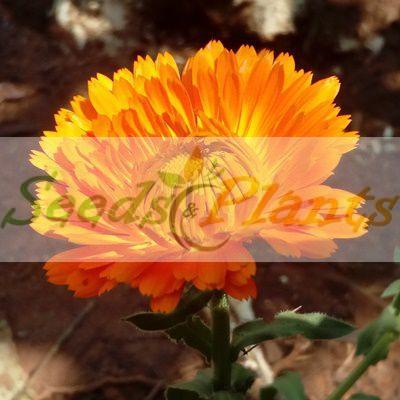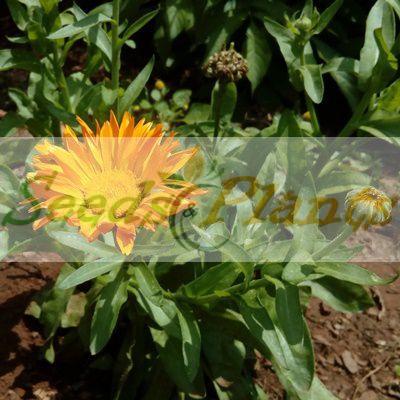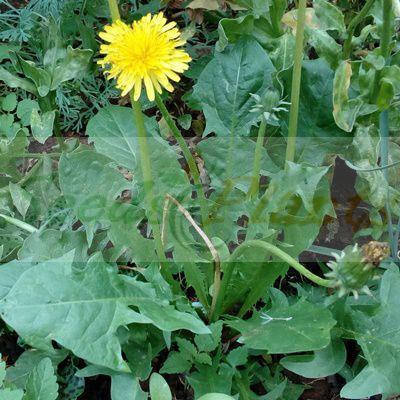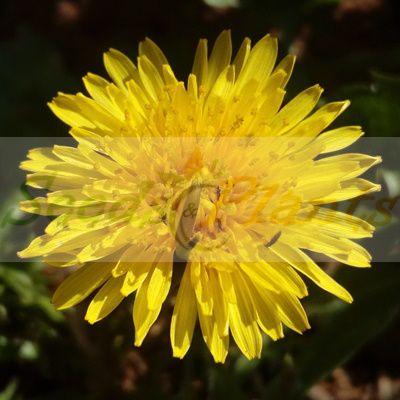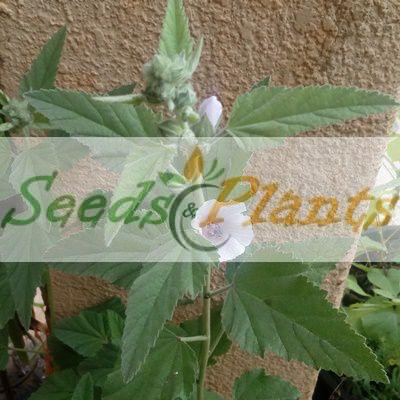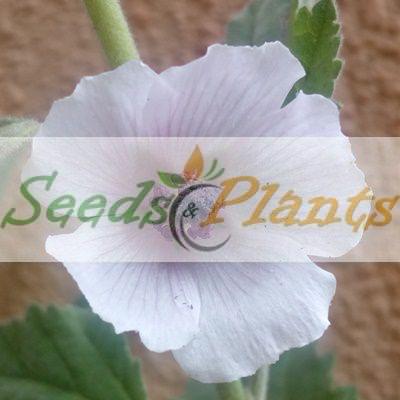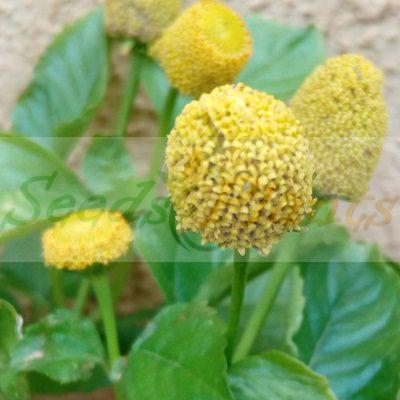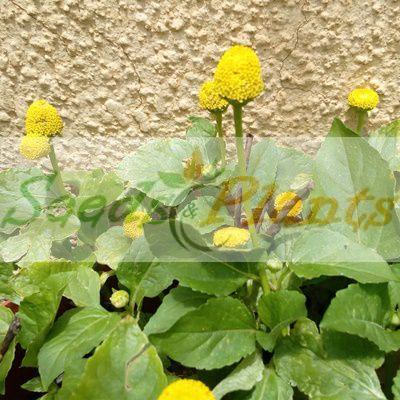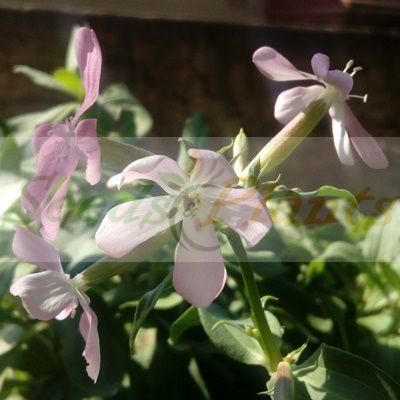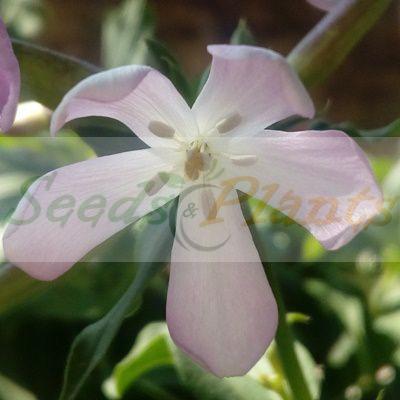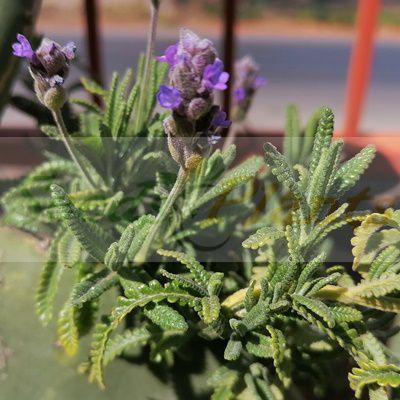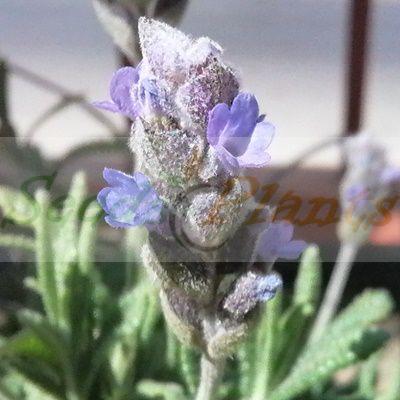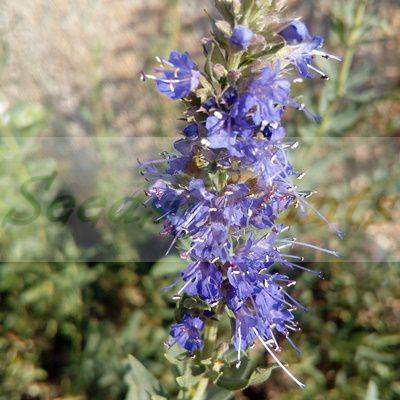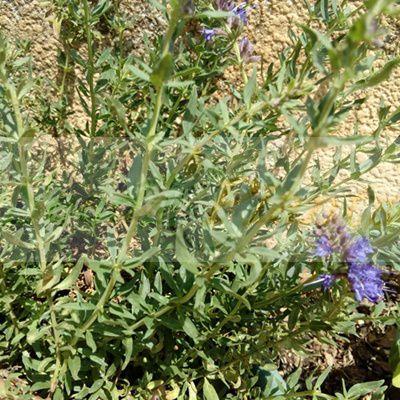🌿 Herbal Quick Facts
Medicinal Info
- 🌍 Origin / Region: Southern Africa
- 🌿 Medicinal Part: Fruit, Leaf, Root, Stem
- 🍵 Herbal Preparation: Decoction, Infusion / Tea, Paste
- ⚕️ Healing System: African Traditional Medicine
Growth Traits
- 🌱 Life Cycle: Perennial
- 🦋 Pollinator Method: Attracts Bees, Attracts Birds, Attracts Butterflies
- 🪴 Growth Habit: Bushy, Upright
- 🌸 Flower Color: Pink-Purple
Growing Requirements
- 🌞 Sun Exposure: Full Sun, Partial Shade
- 💧 Water Needs: Regular Water
- ☀️ Growing Conditions: Drought Tolerant, Frost Tolerant
- 🟤 Soil Preference: Clay, Loam, Rocky, Sandy, Well-Drained
Bird’s Brandy – 10 Seeds
(Lantana rugosa)
R30.00
It is both an ornamental and medicinal plant.
Common names: bird’s beer, bird’s brandy (Eng.); voëlbrandewyn, wildesalie (Afr.); sekwebetane (isiNdebele); utyani-bentaka, utywala bentaka (isiXhosa); impema, ubukhwebezane, ubungungundwane, uguguvama, umkhukhuthwane, utshwala benyoni (isiZulu); mabele-mabutsoa-pele, molutoane (Sesotho).
Indoor Sowing: Spring and Summer.
Direct Sowing: Spring and Summer.
Out of Stock
Email me when the product is back in stock.
🌿 Herbal Quick Facts
Medicinal Info
- 🌍 Origin / Region: Southern Africa
- 🌿 Medicinal Part: Fruit, Leaf, Root, Stem
- 🍵 Herbal Preparation: Decoction, Infusion / Tea, Paste
- ⚕️ Healing System: African Traditional Medicine
Growth Traits
- 🌱 Life Cycle: Perennial
- 🦋 Pollinator Method: Attracts Bees, Attracts Birds, Attracts Butterflies
- 🪴 Growth Habit: Bushy, Upright
- 🌸 Flower Color: Pink-Purple
Growing Requirements
- 🌞 Sun Exposure: Full Sun, Partial Shade
- 💧 Water Needs: Regular Water
- ☀️ Growing Conditions: Drought Tolerant, Frost Tolerant
- 🟤 Soil Preference: Clay, Loam, Rocky, Sandy, Well-Drained
Bird’s Brandy (Lantana rugosa) has a wide southern African distribution and is both an ornamental and medicinal plant. It is a hardy, evergreen, much-branched, aromatic shrub, with rough, square-shaped stems and wrinkled leaves. It can grow up to 1.5m in height.
Common names: bird’s beer, bird’s brandy (Eng.); voëlbrandewyn, wildesalie (Afr.); sekwebetane (isiNdebele); utyani-bentaka, utywala bentaka (isiXhosa); impema, ubukhwebezane, ubungungundwane, uguguvama, umkhukhuthwane, utshwala benyoni (isiZulu); mabele-mabutsoa-pele, molutoane (Sesotho).
This woody perennial, grows up to 2 m high. Leaves opposite, ovate to lanceolate. Spikes of pink-purple flowers in spring and summer, followed by small, bright purplish berries. The flowers attract many pollinating insects, including butterflies. The fruit is eaten by people, monkeys and birds.
The plant thrives in moist soil and riverine vegetation, but also grows in grasslands, woodlands and rocky outcrops, at altitudes of 100–1 550 m. It is highly drought and frost tolerant, maintaining its evergreen color throughout, however, it loses some of its leaves in winter.
Bird’s Brandy Medicinal Benefits
In South Africa, various indigenous cultures prepare a paste using either leaves or fruits of Lantana rugosa for the treatment of sore eyes and in the treatment of festering sores.
Growing Bird’s Brandy
Indoor Sowing: Spring and Summer.
Direct Sowing: Spring and Summer.
- Soak the seeds in warm water for 12-24 hours.
- Sow seeds in a well-drained soil in full sun to semi-shade exposure.
- Cover the seeds with a thin layer of soil.
- Keep the soil consistently moist, but not soggy, until the seedlings emerge.
- Optimum temperature for germination is 21-24°C.
- Patience is required as germination can take anything from 1 month or longer.
- Water young plants frequently until the plant has become established.
- To encourage bushing, prune the plant after seeding in winter.
- It will flower and fruit best in full sun, but the more shade and water it receives, the larger the leaves will be.
Does this plant have medicinal uses?
Traditionally, Bird’s Brandy has a history of use in African Traditional Medicine. Seeds are sold for cultivation purposes only.
Disclaimer
Medicinal Information:
All medicinal information on this website is for educational and informational purposes only and may not be construed as medical advice. The information is not intended to replace medical advice or treatment offered by healthcare professionals.
Seeds, Plants, Plant Cuttings, Geophytes and Dried Herbs:
In some countries and provinces, certain plants are deemed as invasive and are not allowed to be planted at all, whilst some plants are allowed to be grown only in certain areas or provinces. The onus is on you as the buyer to familiarize yourself with the regulations pertaining to your location, before purchasing any of our seeds, plants, plant cuttings, geophytes or dried herbs. We will not be held liable, should you purchase any seeds, plants, plant cuttings, geophytes or dried herbs. from us which are prohibited in your country or province.

